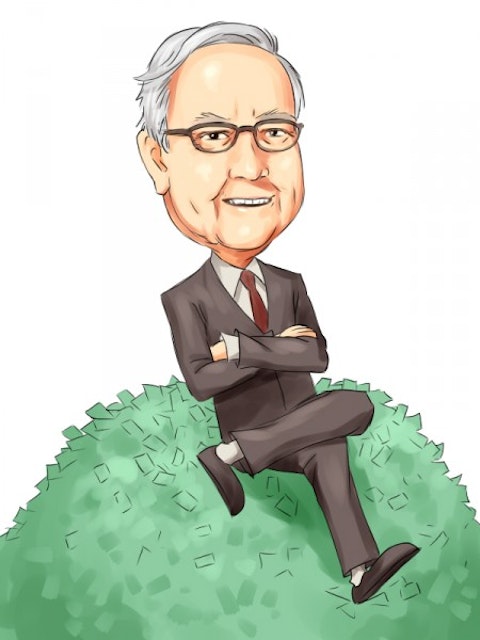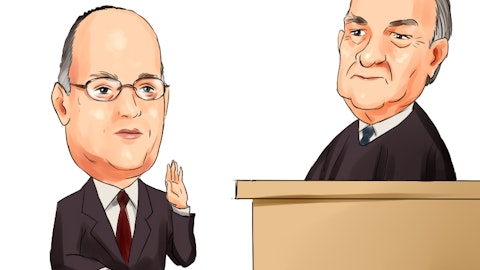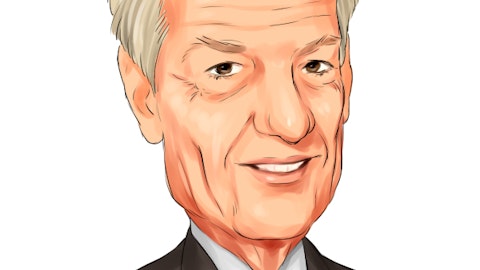Passive funds an active threat for Europe’s fund managers (Reuters)
Warren Buffett built a fortune of nearly $60 billion from astute stock picking, but when the 83-year-old dies, the vast majority of the money he leaves his wife will be parked in a fund that simply moves in step with an index. The afterlife plans of the man nicknamed the Sage of Omaha, revealed in a letter to his investors earlier this year, underline a sea change afoot in the investment industry. Fed up with high fees and poor performance, investors are increasingly shunning active fund managers who promise to beat the stock market in favour of cheaper, passive funds, which simply track it.

Listed Swiss hedge fund of funds outperforms with 3.43% returns in first half of 2014 (Opalesque)
Swiss alternative investment company ALTIN AG outperformed in the first half of this year and posted 3.43% returns as at end June 30. Comparatively, the HFRI Fund of Funds Composite Index managed 1.53% gains while the MSCI World Hedged index posted 3.36% returns during the same period. In its half year result sent to investors, ALTIN said the first six months of the year were characterized by a strong and somewhat renewed appetite for yield, a forceful rotation from growth/momentum-driven stocks to value stocks and by heightened geopolitical risk emanating from Russia, Ukraine and the Middle East.
Illinois puts $1.1 billion to work right away (PIOnline)
Teachers’ Retirement System of the State of Illinois, Springfield, kicked off its 2015 fiscal year with investments and commitments totaling $1.1 billion and set the stage to tactically deploy at least another $1 billion with real estate and hedge fund managers. The system’s longest-tenured manager, Pacific Investment Management Co., Newport Beach, Calif., was awarded $500 million for management in a new strategic partnership by trustees of the $45.3 billion fund. PIMCO will manage the allocation in a customized strategy that will invest in corporate and mortgage-related credit opportunities globally with an annual net return target between 10% and 12%.
BlackRock powers up a hedge fund unit (PIOnline)
BlackRock, Inc. (NYSE:BLK), the world’s largest money manager, is creating a hedge fund boutique within its vast investment management empire. It is Carl Eifler’s mission to push BlackRock from being almost an accidental hedge fund manager — albeit a really big one — with an eclectic array of funds to a powerhouse that spans the full spectrum of hedge fund strategies. Mr. Eifler, managing director, said he has been working to “offer a small-firm atmosphere wherever the hedge fund (portfolio manager) is located within BlackRock.” He was named head of the hedge fund direct strategies group within the BlackRock alternative investments unit in March 2013.
Boone Reborn: Rediscovering life at 85 (ForbesIndia)
A board his Gulfstream G550, T Boone Pick- ens—legendary trader, corporate raider, energy visionary and billion-dollar philanthropist—slides off his shoes and reaches down to grab his feet. He’s got a surprise in store. Pulling his legs up onto the thick leather seat, he tucks himself into lotus position, as if getting ready to meditate. It’s proof that he’s still got it: Physical strength, stamina, ability. A future. “He’s the most flexible man I’ve ever known,” Pickens’s wife, Toni Brinker, says with a wry smile.
A look back at the world’s biggest market crises (CNBC)
Tom Steyer’s $1 million offer to pro-environment candidates (SFGate)
When San Francisco billionaire Tom Steyer speaks, Sacramento listens. In fact, outgoing state Senate President Pro Tem Darrell Steinberg recessed the body for 90 minutes in the middle of a busy floor session Thursday so Democrats could meet privately across the street with the environmental activist and former hedge fund titan to talk about his pet cause, climate change. Steyer says he’ll pour $1 million into legislative races in California this year on behalf of candidates who support environmental causes.
How to get paid more for managing money and still give investors what they want (COOConnect)
In the heroic age of hedge fund investing, managers based in the United States enjoyed a more than useful tax break. They could leave their crystallised annual performance fees in the offshore funds they managed. This had the twin advantage of ensuring the money accrued and compounded pre-tax, and enabled managers to claim to investors that their interests were aligned since they (as the phrase has it) “ate their own cooking.”
Peer-to-peer funding offers alternative finance source (Risk)
A recent piece published by JP Morgan, in its role as prime broker, suggests that it is feeling the need to come forth with the blunt reality of the consequences of Basel III. That is, it may be time for fund managers to contemplate alternative funding sources. In a paper called Leveraging the Leverage Ratio, it wrote: “As the financing markets evolve it may be appropriate for hedge fund managers to consider developing internal treasury functions which would enable direct access to the funding markets:..
Billionaire George Soros Sold $112 Million of This Gold Miner (Fool)
George Soros is probably one of the greatest investors on the planet. In 1973, he founded the Quantum Fund. Over the next two decades Soros went on to generate a 30% compounded annual return for his investors. Based on that type of performance, he has earned a place amongst business legends like Warren Buffett and John D. Rockefeller. Because of his exceptional track record, I always pay attention to what stocks Soros is buying and selling. And right now, he’s making some interesting bets on the Canadian mining industry.
Crude Traders Raise Bets on Price Rise, CFTC Data Show (Bloomberg)
Hedge-fund managers and other large speculators increased their net-long position in crude-oil futures in the week ended Aug. 26, according to Commodity Futures Trading Commission data. Each Friday the CFTC publishes aggregate numbers for long and short positions for speculators such as hedge funds and institutional investors, as well as commercial companies that buy or sell futures to protect against price moves. Analysts and investors follow changes in speculators’ positions because such transactions can reflect an expectation of a change in prices.
Recommended Reading:





